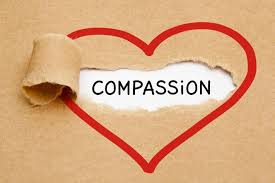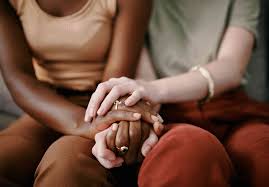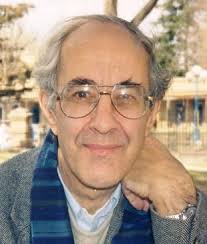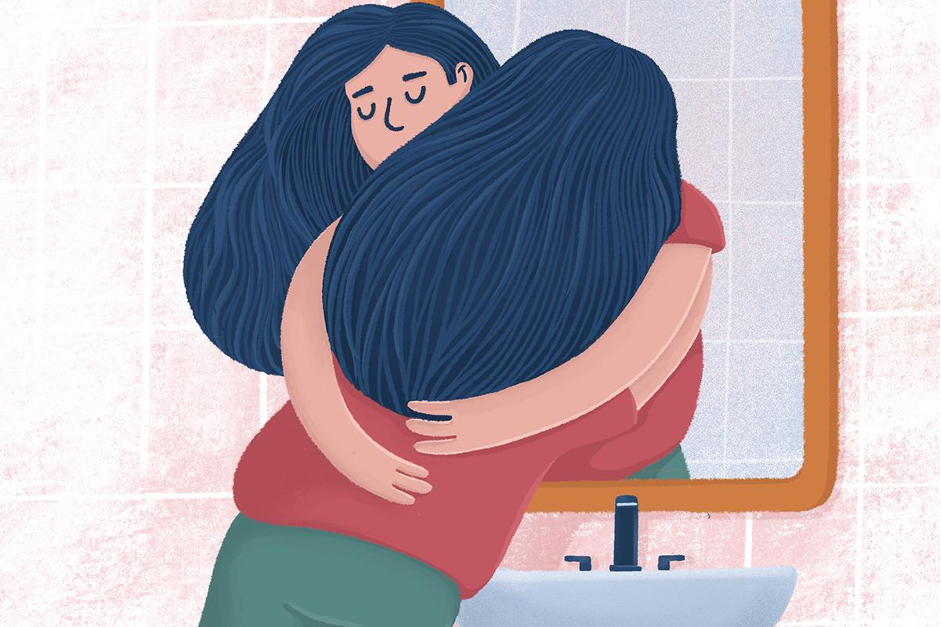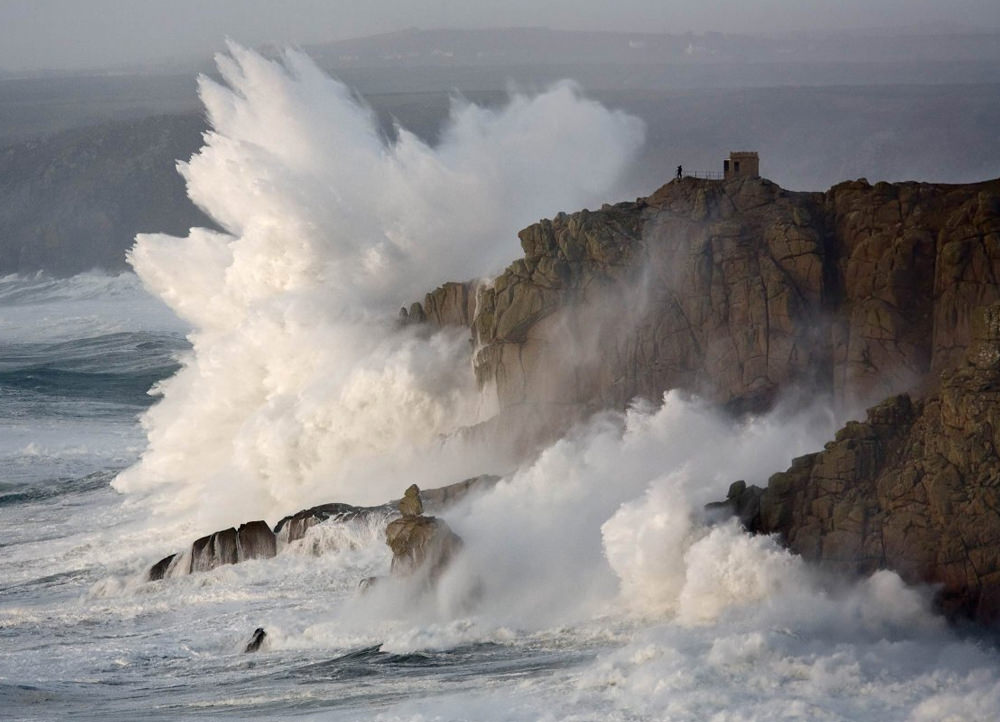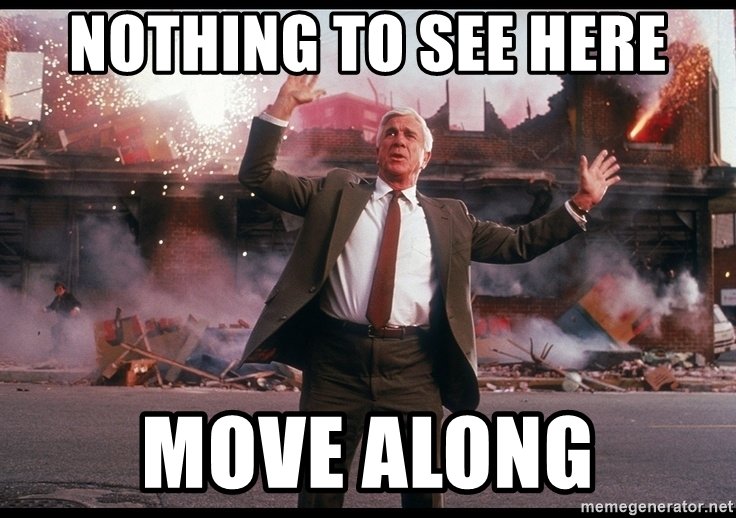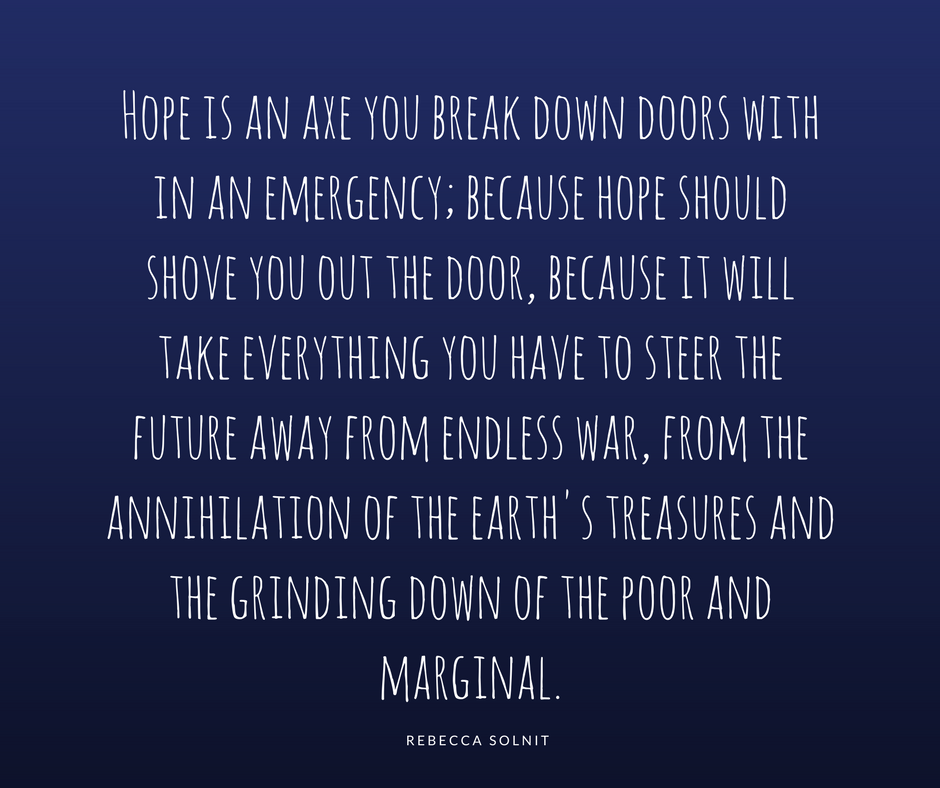This blog series (Don’t be a Cock, be a CHICKEN) is about how we create the kind of leadership values which enable teams to thrive and organisations to flourish, whist providing brilliant care. So far we’ve looked at Curiosity, Humility and Inclusivity. Now we turn our attention to Compassion.
Compassion literally means ‘to suffer with’. To be with someone in their own pain/difficulty/circumstance. To lead with compassion means that we need to be present and take a keen interest in how other people are doing. Compassion doesn’t happen at pace. It requires time and presence.
We need compassion in our public services more than ever. At a time when our services feel overwhelmed, it’s so easy for us to suffer with compassion fatigue. We need compassion towards those we serve and we need to create compassionate teams. I recently wrote a blog for the brilliant Clinical Leaders Network about what it takes to cultivate compassionate leadership. So, in this blog, I’m going to focus on what it means to live with compassion towards those we serve in our communities, day-in, day-out. And this requires us to re-examine our values and who or what we value and why.
Someone asked me recently what three things I want my kids to know. I wrote about it in my book, Sick Society. For me, it’s pretty straightforward. I want my kids to know:
- I love you unconditionally
- I see you for who you are
- You are always welcome in our home (or in other words – you belong here)
I think this is the basis of all good care. And so, I want my patients to know that I love them. Yes! And for the record, I don’t think that’s unprofessional. I think it’s the foundation of any positive, human relationship.
Tenzin Gyatso, the 14th Dalai Lama put it this way:
“Love and Compassion are necessities, not luxuries. Without them, humanity cannot survive.”
To choose the way of compassion is to accept people for who they are. To be their friend, not their judge. And therefore compassion allows me to see people as they are. I see the whole of them, not just the the issue they are dealing with. I see their journey and their trauma. I can’t walk in their shoes, but I can draw alongside them and listen deeply, with kind and fascinated eyes. And I can be with them in their own story and situation. And so they know, when they are with me, they are welcome in the shared space we inhabit, for the time we have together. Compassion helps us to recognise that we belong to each other and with each other. Compassion enables me to see their innate worth and power, so that I don’t trespass over their sacred ground.
Thomas Merton examines this through a lens of interconnectedness:
“The whole idea of compassion is based on a keen awareness of the interdependence of all these living beings, which are all part of one another, and all involved in one another.”
As a clinician, compassion means that I’m not there to take over. Compassion allows me to be with. To find out what really matters to the person in front of me. To help them explore a range of possibilities and to facilitate the space for them to make empowered choices. Compassion creates space for personalised care. But compassion also moves me to action.
Wolfgang von Goethe shows that compassion is not just a feeling:
“Knowing is not enough; we must apply. Willing is not enough; we must do.”
In other words, compassion is love in action.
Henri J.M Nouwen says:
“Compassion asks us to go where it hurts, to enter into the places of pain, to share in brokenness, fear, confusion, and anguish. Compassion challenges us to cry out with those in misery, to mourn with those who are lonely, to weep with those in tears. Compassion requires us to be weak with the weak, vulnerable with the vulnerable, and powerless with the powerless. Compassion means full immersion in the condition of being human.”
But how do we create compassionate cultures, especially in our fast-paced, over busy health and care systems and other public services?
Again, Nouwen is honest about how complex this is:
“Let us not underestimate how hard it is to be compassionate. Compassion is hard because it requires the inner disposition to go with others to places where they are weak, vulnerable, lonely and broken. But this is not our spontaneous response to suffering. What we desire most is to do away with suffering, by fleeing from it or finding a quick cure for it.”
To do this, we need to create compassion for ourselves. In the midst of our tiredness, busyness and often sense of overwhelm, being compassionate towards ourselves is vital. We don’t always bring the best of ourselves into every situation. Giving ourselves time and space, being conscious of and caring for our own needs, allows us to keep our compassion for others switched on. Having the humility to receive compassion and care from others is also important. Letting other people see and be attentive to our own wounds and needs is vital. We can’t continually be compassionate towards others if we don’t also receive the compassion of others. When we treat ourselves with compassion and receive the compassion of others, it resources us to be compassionate towards others and with others. And this enables us to create more compassionate teams, who together make a more compassionate world. Me with you. You with me. Together we wade through the pain and complexity of life and find joy in the mess.
Compassion means that we cross the dividing line to sit with our ‘other’ and to be changed by them in the process. This takes, curiosity, humility and the desire to be radically inclusive. To be compassionate people, we must be determined to build friendship across difference in solidarity and celebration.

